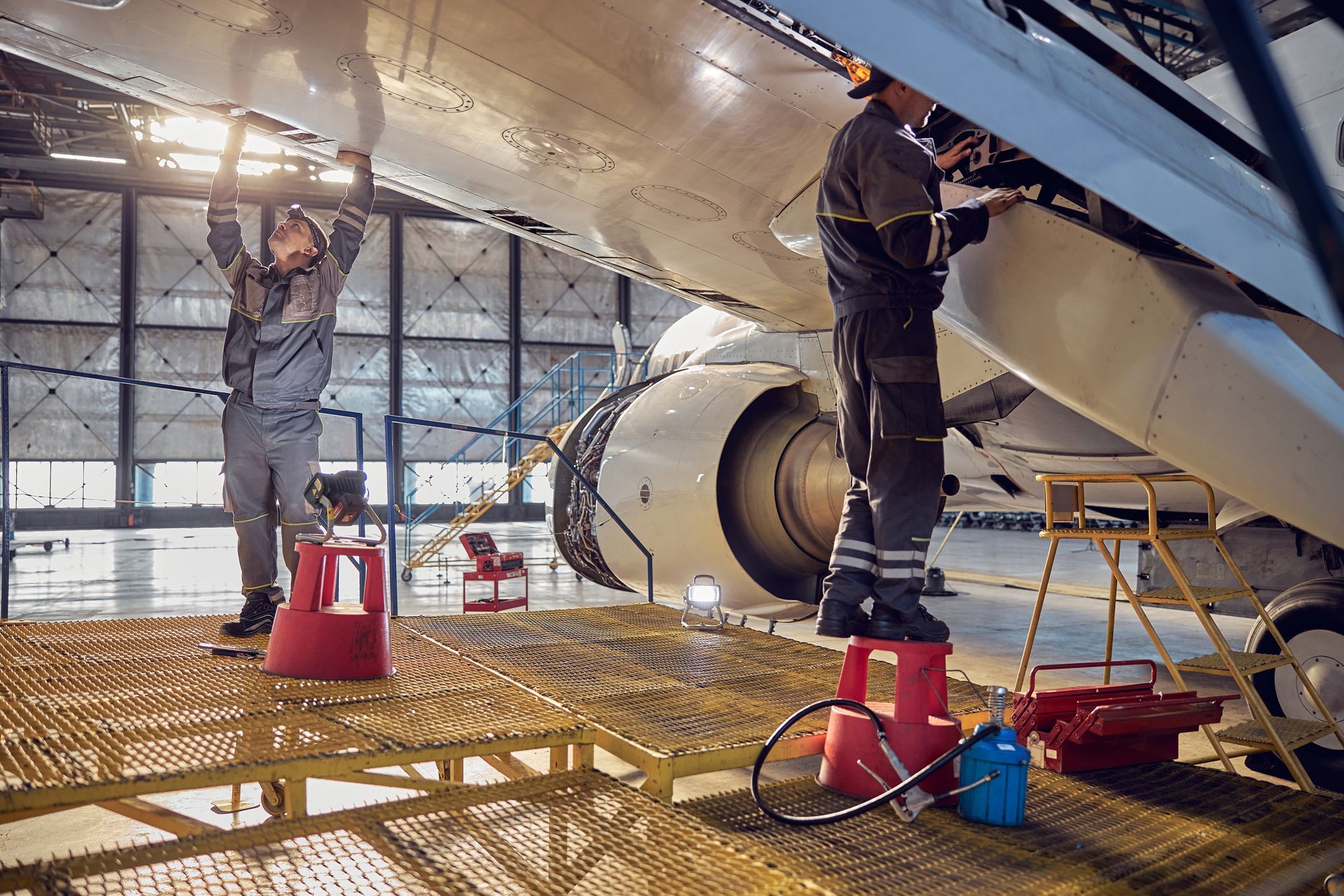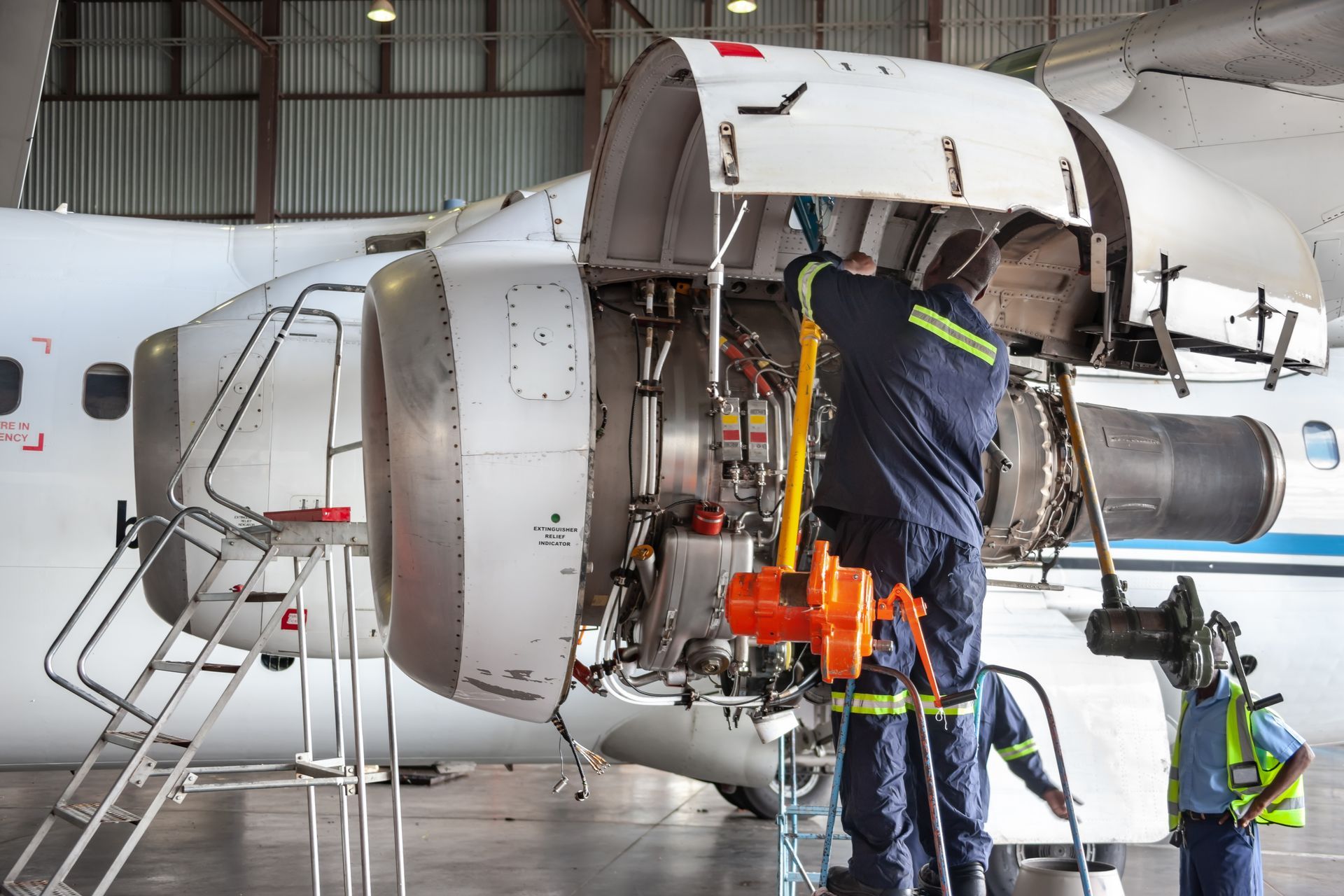Preparing For Video Interviews | Guide | Meritus Talent
July 19, 2024
With video interviews now a convenient and standard resource within the recruitment process, eliminating the need to travel extensive distances and allowing for meaningful face to face interaction, there are extra details all candidates should be aware of when attending.
Preparation
- Make sure you set up your laptop, phone or tablet somewhere comfortable, with optimal lighting. Get rid of clutter and make sure your background is as neutral as possible. Avoid places with a lot of ambient noise, as this can hinder communication.
- If you’re using earphones, make sure they work properly (both microphone and earbuds). Ensure you have a spare pair in the case of any technical difficulties.
- If you aren’t familiar with the platform provided, have a trial run with a friend or with your recruiter. Giving the impression that you do not know how to use basic video conference platforms can lead employers to assume you have limited IT skills. A video interview free from technical issues displays attention to detail and preparedness.
- Ensure your WiFi connection is strong. If you don’t, consider sharing your phone’s internet connection, using an Ethernet cable or going somewhere with reliable internet.
- Ensure to professional username and/or e-mail address. Your username should include your complete name (if possible) and be straight-forward enough for it to be easily found - unless it’s done through FaceTime or another smartphone platform, in which case make sure you have provided the correct phone number.
As for any kind of interview, you also need to prepare yourself to expect questions often asked by interviewers:
- Make sure you have fully researched the company including the industry, clients, history and stakeholders. Take a close look at their website and social channels and find out about any recent company updates. If you can, be aware of their competitors as well.
- Make notes of your key skills and weaknesses. Study the job description and provide of what examples you have that make you the right candidate.
- Have answers prepared for why you left your last job, and unemployment gaps, etc.
- Before the interview, make sure you have any notes available, a copy of your CV (or application) and a pen and paper for further notes. Avoid taking notes on your phone, tablet or any digital device as this can be perceived as unprofessional.
Interview
After selecting the correct and comfortable space for your video interview to talk place, please consider the following:
- Ensure you have the appropriate attire for the role and industry you’re interviewing for.
- Double-check your internet connection and battery level, and that you have mitigated any potential distractions.
- Maintain a professional posture and be aware of your body language throughout as you would do in a face-to-face interview.
- Think about each one of your answers before replying so you don’t sound rushed, and are giving the best answer possible. Think about your delivery and make sure you’re speaking clearly.
- Finish the call by thanking the interviewer for their time, and if it hasn’t been discussed ask about the next steps.
Follow up
Send an email to the interviewer thanking them once again for their time and reiterate your interest in the role and organisation. Don’t forget to also get in contact with your recruitment consultant and let them know how it went.

In secure, highly regulated industries, candidate experience often gets overlooked in favour of compliance, clearances, or process. That’s a mistake. The hiring experience you provide is directly linked to the quality of candidate you attract and retain. With skilled professionals in these sectors in increasingly short supply, your interview process is not just a formality, it's part of your reputation. Nearly 60% of professionals have experienced a poor recruitment process, with almost half turning down offers as a result. In industries where trust, clarity, and professionalism are expected from day one, that number is simply too high. At Meritus, we specialise in placing technical, security-cleared professionals across the aerospace, defence, and space sectors. We know that in this market, the details matter. Poorly managed processes cost credibility. Delays cost hires. In this blog, we will show you how to deliver a positive, professional candidate experience that reflects your business standards and helps you stand out in a competitive, high-spec talent market. We will cover four key stages in your recruitment process: Rework job descriptions Create a respectful interview experience Make it easy to apply Follow up promptly 1. Rework Job Descriptions Your job description is more than an HR document. In defence and aerospace, it acts as a signal. It tells candidates whether your business is serious, structured, and clear in its expectations. Go beyond task lists. Describe the project, the wider mission, and what this hire is expected to achieve. Include technical scope, required certifications, clearance level, and the purpose of the role within your organisation. Be transparent about salary bands and benefits. Many candidates turn down offers due to misalignment around compensation. Avoid wasting time by setting expectations early. Accuracy is critical. Misleading job descriptions, whether intentionally or not, risk reputational damage within small, close-knit candidate networks. Be precise, realistic, and internally aligned before going to market. 2. Create a Respectful Interview Experience 42% of candidates withdraw after a poor interview experience. In security-focused industries, the bar is higher. Professionalism, clarity, and structure are non-negotiable. Interviews should run to time. Avoid long delays between stages or unnecessary interview rounds. Be clear about how much time will be required, especially if candidates are currently engaged on secure projects and need to take leave or travel. Provide interview details in advance. Share names, roles, and locations. If assessments or presentations are required, give candidates a clear brief, timeline, and point of contact. If an interview is on site, ensure they are aware of access requirements and documentation needed for entry. These steps reduce friction and show the candidate that your internal operations are reliable. That goes a long way in this sector. 3. Make It Easy to Apply A clunky application process is a red flag to technical candidates. They will not waste time with systems that are not user-friendly, especially when they have multiple opportunities available elsewhere. Keep your careers page visible, simple, and functional. Allow CV or LinkedIn uploads. Do not force candidates to register an account or input the same information repeatedly. Your application process should be mobile-friendly. It should also allow for secure uploads of CVs, portfolios, or security documentation if required. Be mindful of file size limits. Many engineers and technical professionals will have large, detailed work samples or documentation to submit. Once submitted, confirm receipt with a personalised email. This shows attention to detail and prevents any doubt about whether their application was received properly. 4. Follow Up Promptly In fast-moving hiring environments, silence can cost you the hire. Insecure or unclear communication leads to drop-offs. That risk is amplified in sectors where professionals are often working on fixed contracts or are bound by complex notice periods. Respond to applications within 48 hours where possible. Even if the process takes time, acknowledging interest shows professionalism. Always personalise responses, especially for rejections. These individuals may be suitable for future roles or may have colleagues in their network who are. During interviews, acknowledge any follow-up emails or thank-you notes. It takes minimal effort to respond, but the impact on your brand perception is significant. Candidates who feel respected during the process are far more likely to accept an offer and to speak positively about your organisation in future. How We Can Help At Meritus, we support organisations across aerospace, defence, and space to hire with precision and professionalism. We ensure your processes reflect your standards, your brand, and your ambitions. From role scoping and brief reviews to candidate journey audits, we help our clients secure the technical talent they need without losing credibility along the way. Speak to the Aerospace, Defence, and Space recruitment specialists at Meritus. Call: +44(0) 2922 806 922 Email: info@meritustalent.com

In critical industries like aerospace, defence, and space, you cannot afford to lose the best candidate because the role was not clearly communicated. In most cases, that loss happens long before the interview stage. It begins with a job brief that fails to reflect the true scope and importance of the position. At Meritus, we work exclusively within secure and regulated sectors. We partner with organisations that are solving complex engineering challenges and delivering high-stakes national and international projects. From embedded systems engineers to mission-critical programme leads, we know how vital it is to get the hire right. And we know how often unclear briefs slow down or even derail the process. If you are hiring for a replacement, expansion, or newly created role, the job brief is your foundation. Done well, it improves candidate quality, speeds up time to shortlist, and builds internal alignment. In this blog, we will show you how to create a strong, outcome-driven job brief that positions your organisation as a serious employer and attracts the calibre of talent required in this space. We will walk you through five areas to focus on: Start with business impact Prioritise outcomes over tasks Align internally before you go to market Clarify non-negotiables Benchmark against market reality Let’s take a closer look. Start with Business Impact Rather than beginning with a list of duties, start by setting the strategic context. Ask yourself: What programme, client, or regulatory milestone does this role support? What does success look like in the first 6 to 12 months? Where does this role sit in your operational or programme structure? This is especially important in defence and aerospace, where roles are often linked to long-term project cycles or mission timelines. When external recruiters understand the "why" behind the role, they can attract professionals who are aligned with that mission. Prioritise Outcomes Over Tasks In highly regulated or technical roles, it is tempting to list everything the candidate will do. But strong briefs focus on what the person will deliver. For example: "Maintain avionics systems" is functional, but vague. "Lead a full avionics upgrade across five platforms to meet MOD compliance ahead of Q4 testing" is clearer and offers measurable impact. Candidates at this level expect clarity. They want to know where they will make a difference and how their work supports the wider mission.

The UK nuclear industry stands at a turning point. With major projects like Hinkley Point C and Sizewell C underway and billions in government investment, the sector is poised for transformative growth and demand for skilled nuclear professionals is surging. The UK’s nuclear workforce has already grown by 35% since 2021, now employing around 87,000 people , yet a growing talent shortfall threatens to stall momentum. According to the ECITB, the sector will require a 30% increase in skilled roles over the next five years. But more than 90% of employers are already struggling to recruit for critical roles including project controls, safety technicians, planners, and mechanical and electrical engineers. Without a coordinated response, the UK’s goal of reaching 24GW nuclear capacity by 2050 (and creating 40,000 new jobs ) could be out of reach.









